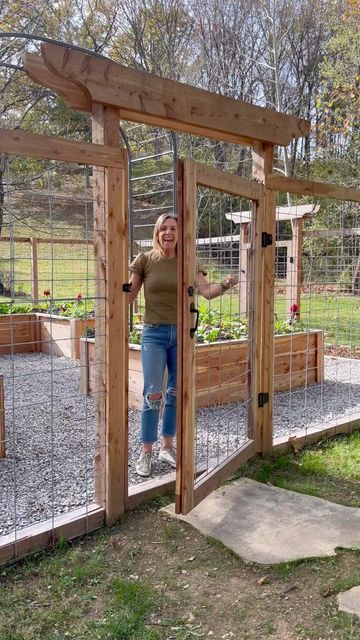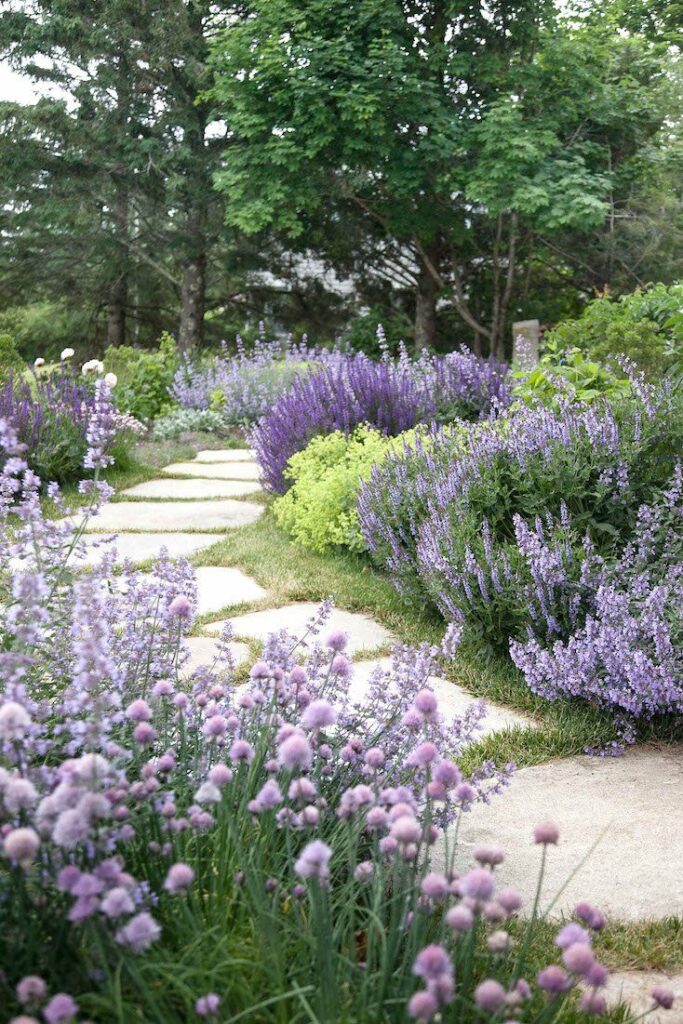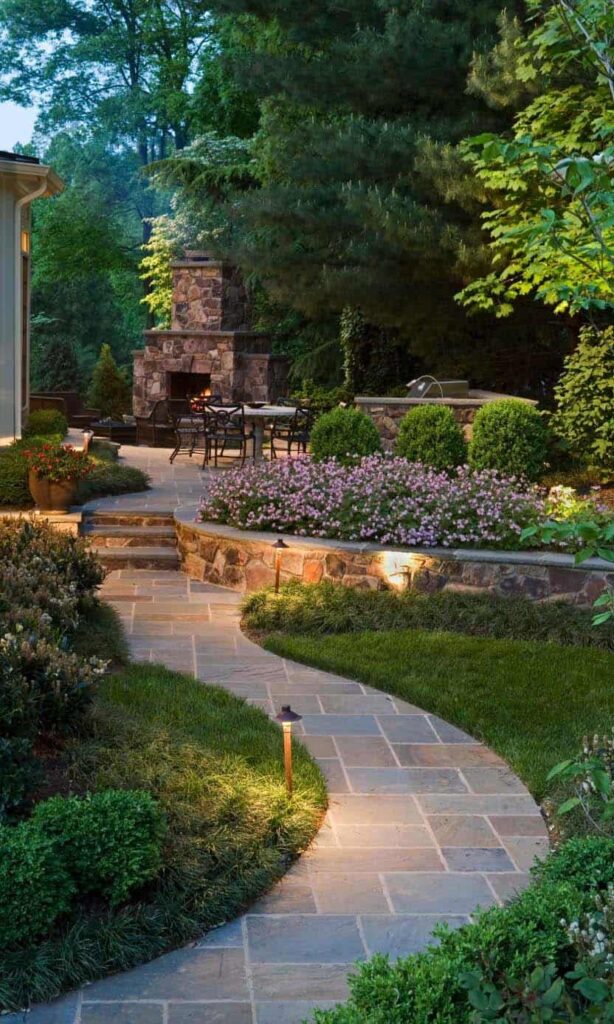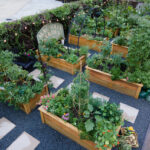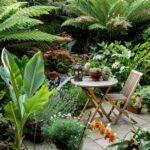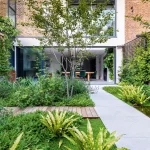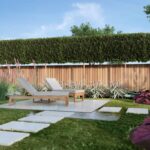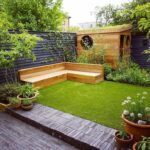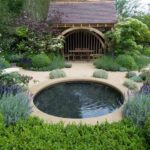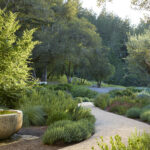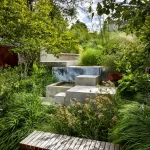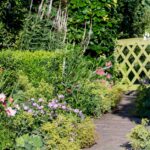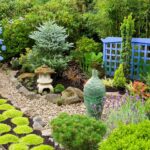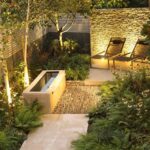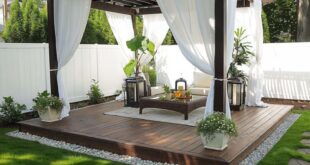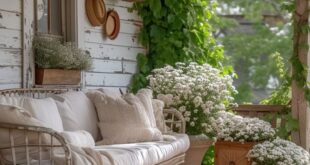Garden design is an essential component of landscape architecture, focusing on the planning and layout of outdoor spaces. A well-designed garden can greatly enhance the overall aesthetic appeal of a property and provide a relaxing and peaceful environment for its inhabitants. There are various elements to consider when designing a garden, including the layout, plant selection, and hardscaping features.
One of the key factors in garden design is the layout of the space. This involves determining the placement of various elements such as flower beds, pathways, seating areas, and water features. The layout should be both functional and visually appealing, creating a harmonious balance between different elements and providing easy access to different areas of the garden. Careful planning is essential to ensure that the garden is well-organized and easy to maintain.
Plant selection is another crucial aspect of garden design. The choice of plants can significantly impact the overall look and feel of the garden, as well as its maintenance requirements. When selecting plants, it is important to consider factors such as climate, soil type, sun exposure, and water requirements. A diverse selection of plants can create interest and variety in the garden, while also attracting beneficial insects and wildlife.
Hardscaping features such as patios, decks, and pergolas can add structure and function to a garden. These elements can provide outdoor living spaces for relaxation and entertainment, as well as define different areas within the garden. Hardscaping materials such as stone, wood, and concrete can be used to create visual interest and complement the overall design of the garden.
In addition to aesthetics, sustainability is also an important consideration in garden design. Sustainable gardening practices such as using native plants, conserving water, and reducing chemical usage can help create a more environmentally friendly garden. By designing a garden that is in harmony with the natural environment, homeowners can reduce their impact on the ecosystem and create a healthy and thriving outdoor space.
Overall, garden design is a creative and rewarding process that allows homeowners to create a personalized outdoor space that reflects their tastes and lifestyle. By carefully considering factors such as layout, plant selection, hardscaping features, and sustainability, homeowners can create a beautiful and functional garden that enhances their property and provides a peaceful retreat for relaxation and enjoyment.
